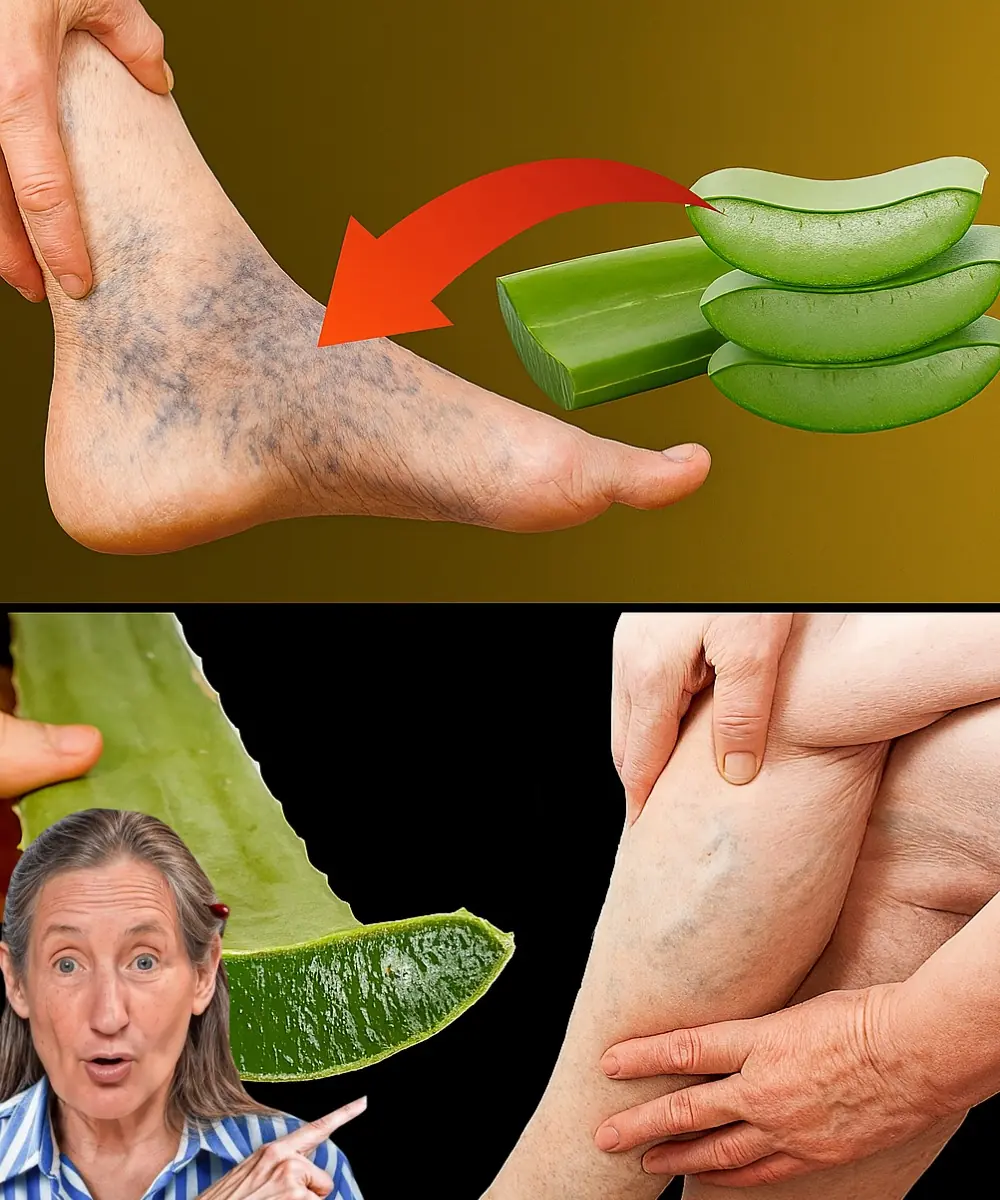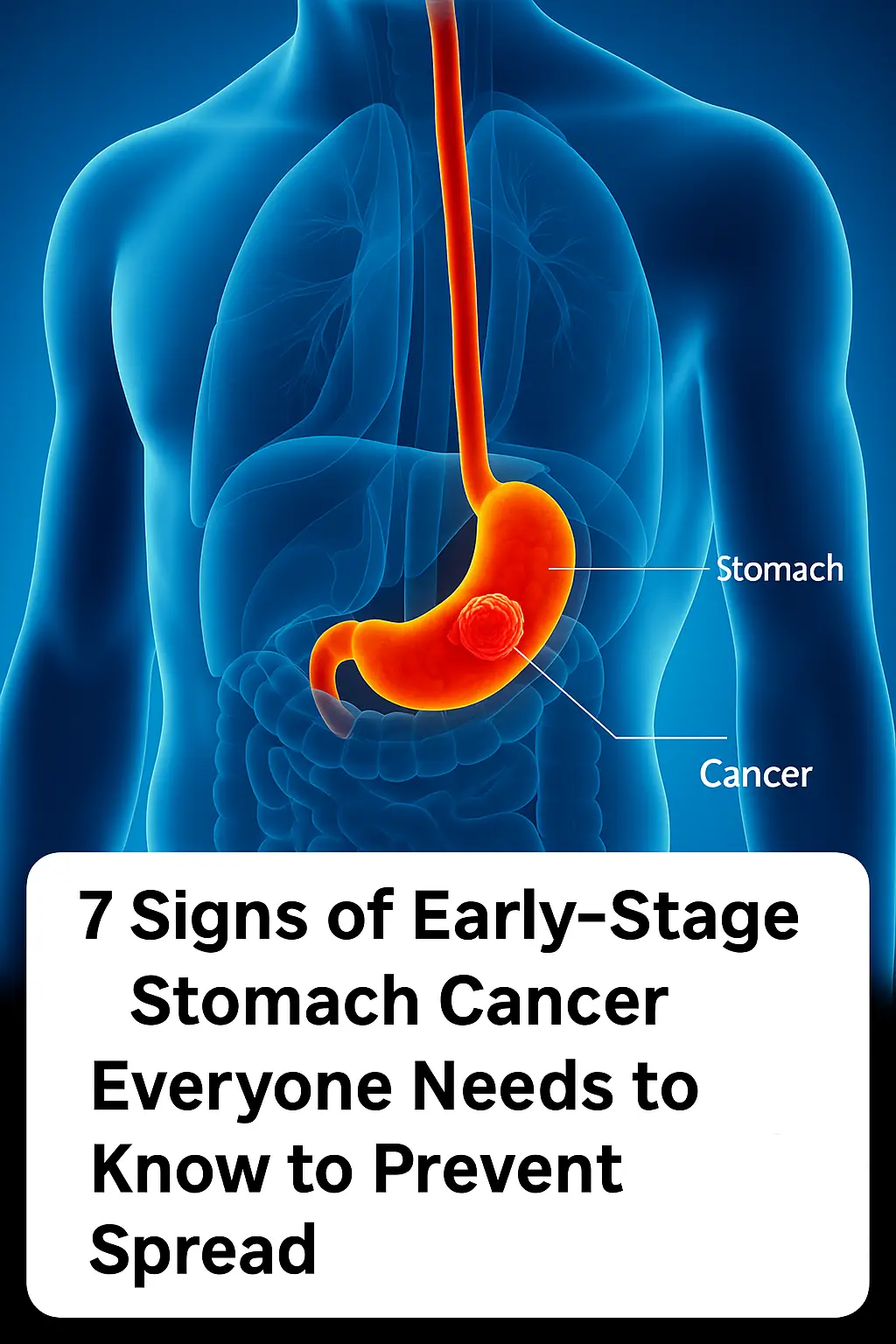
Is Your Liver in Danger? 12 Early Signs of Liver Cirrhosis You Shouldn’t Ignore
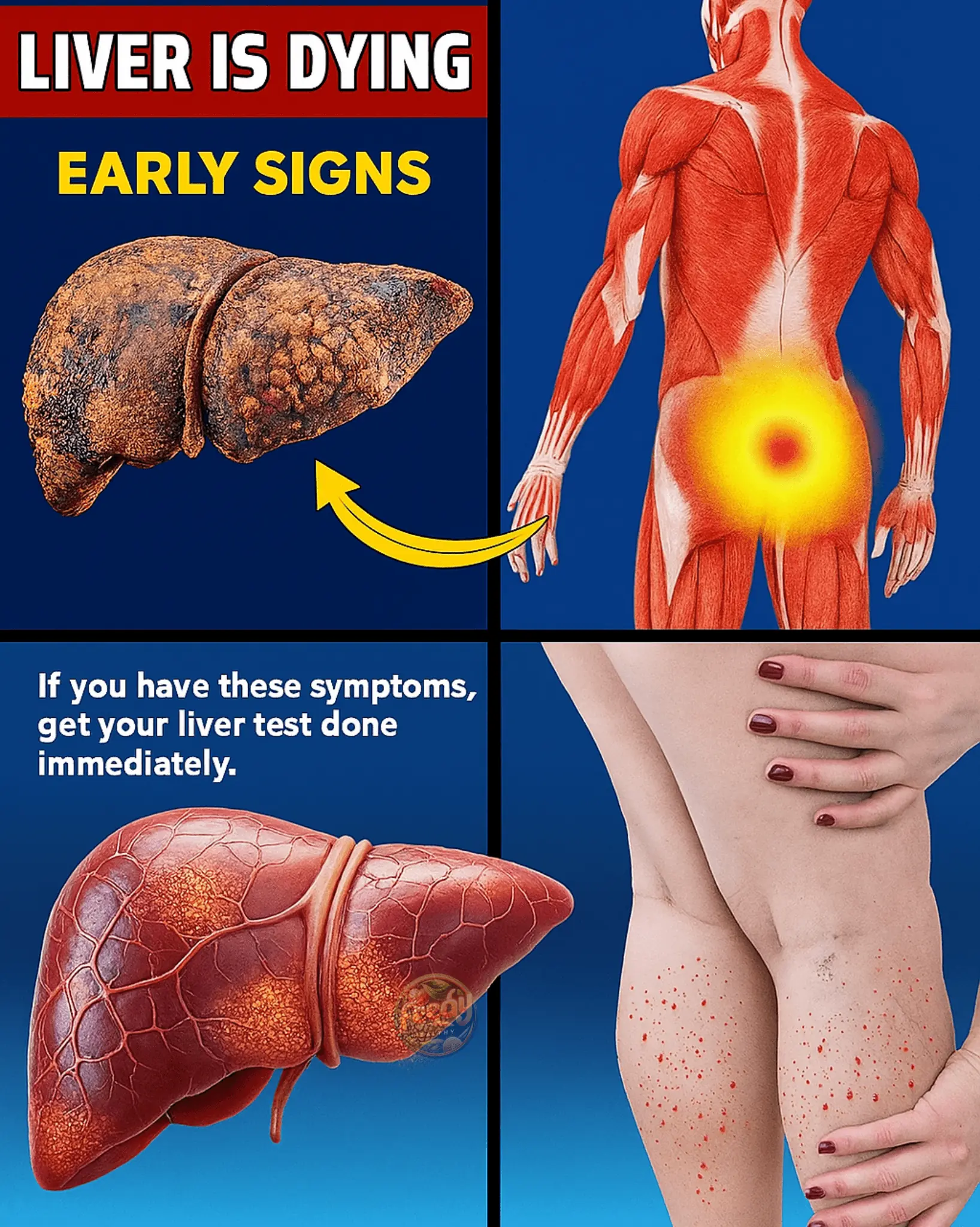
The liver is a vital organ that supports many essential functions in the body. It filters toxins from the blood, aids digestion, stores nutrients, and supports immune function. When the liver is healthy, your entire body benefits.
However, liver damage can develop slowly and silently. One of the most serious liver conditions is cirrhosis, where healthy liver tissue is replaced by scar tissue. This scarring interferes with normal liver function and, if left untreated, can become life-threatening.
What Is Liver Cirrhosis and Why It Matters
Liver cirrhosis typically develops over time due to long-term liver damage. Common causes include chronic hepatitis infections, excessive alcohol consumption, and non-alcoholic fatty liver disease (NAFLD).
As scar tissue accumulates, the liver struggles to perform its vital tasks. The damage becomes harder to reverse, making early detection crucial.
The Silent Threat
Cirrhosis often goes unnoticed in its early stages. Many people don’t realize there’s a problem until the liver is significantly damaged. Recognizing early signs can make a major difference in treatment and outcomes.
12 Early Symptoms of Liver Cirrhosis
1. Constant Fatigue and Weakness
Ongoing tiredness without a clear cause may indicate declining liver function. When the liver can’t store or produce energy efficiently, it can result in persistent fatigue.
2. Sudden Loss of Appetite
A noticeable drop in appetite can reflect the liver’s reduced ability to process nutrients or manage digestion properly.
3. Nausea or Unexplained Vomiting
Persistent nausea or vomiting without any obvious cause may signal a buildup of toxins due to liver dysfunction.
4. Unintentional Weight Loss
Losing weight without trying, especially alongside appetite loss or fatigue, could be a warning sign that your liver isn’t processing nutrients correctly.
5. Abdominal Pain or Swelling
Pain in the upper right abdomen (where the liver is located) or abdominal swelling could indicate inflammation or fluid buildup (ascites), both associated with cirrhosis.
6. Yellowing of the Skin or Eyes (Jaundice)
When the liver can’t process bilirubin, a yellow pigment from red blood cells, it builds up in the body and causes yellowing of the skin and eyes.
7. Itchy or Irritated Skin
Chronic itching, even without a rash, may be due to the accumulation of bile salts under the skin caused by poor liver function.
8. Dark Urine and Pale Stools
Dark-colored urine and light or clay-colored stools can be signs of impaired bile production or bile flow blockage—both linked to liver disease.
9. Easy Bruising or Bleeding
The liver produces clotting proteins. Damage may reduce their production, leading to easy bruising or prolonged bleeding.
10. Swelling in the Legs or Ankles (Edema)
Fluid retention in the lower extremities may result from poor liver function, low blood protein levels, or poor circulation—all common in cirrhosis.
11. Confusion or Trouble Concentrating (Hepatic Encephalopathy)
Toxins not filtered out by the liver can reach the brain, causing confusion, poor memory, mood changes, or even personality shifts.
12. Spider-Like Blood Vessels on the Skin
Small red blood vessels resembling spider webs (spider angiomas), especially on the chest or face, can be signs of hormonal changes related to liver damage.
When Should You See a Doctor?
If you notice two or more of the symptoms listed above, it’s important to seek medical advice. A healthcare provider can perform liver function tests, imaging, or even a biopsy to evaluate liver health.
How to Protect Your Liver
Preventing liver cirrhosis is possible in many cases. Here’s how:
-
Limit alcohol intake
-
Maintain a healthy weight
-
Manage hepatitis and diabetes
-
Avoid unnecessary medications or toxins
-
Eat a balanced, liver-friendly diet
-
Stay physically active and hydrated
Final Thoughts
Liver cirrhosis develops gradually but can have serious consequences if ignored. By recognizing the signs early and taking preventive measures, you can protect your liver and overall health.
Your liver works hard for you—return the favor by taking care of it.
News in the same category

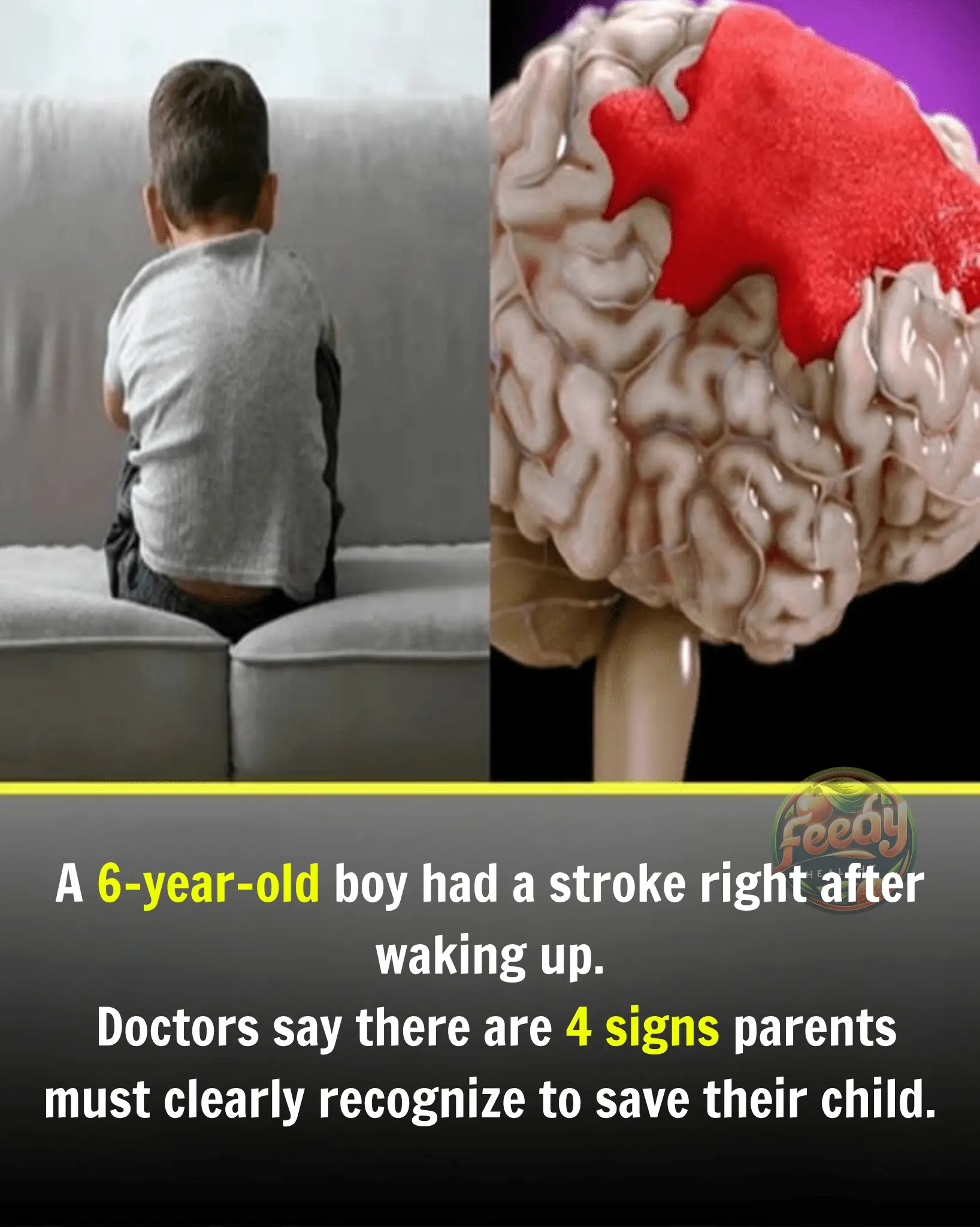
6-Year-Old Boy Suffers Stroke Right After Waking Up – Doctors Emphasize 4 Warning Signs Parents Must Recognize to Save Their Child
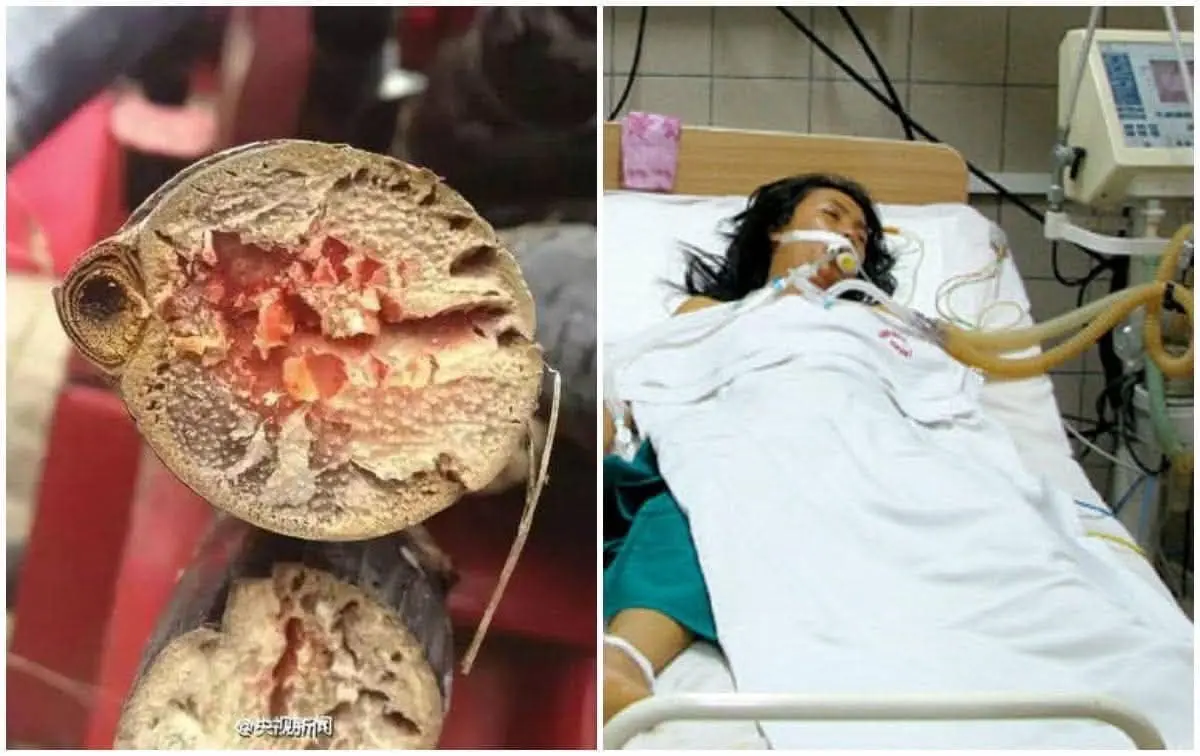
If You Have Colon Polyps, These 4 Symptoms During Bowel Movements Could Be a Warning – See a Doctor Before It's Too Late

68-Year-Old Man Dies from Kidney Failure — Doctor Warns: Stop Eating These 3 Types of Breakfast

Emergency Warning Issued: “Do Not Eat” Dubai-Style Chocolate Bar Recalled
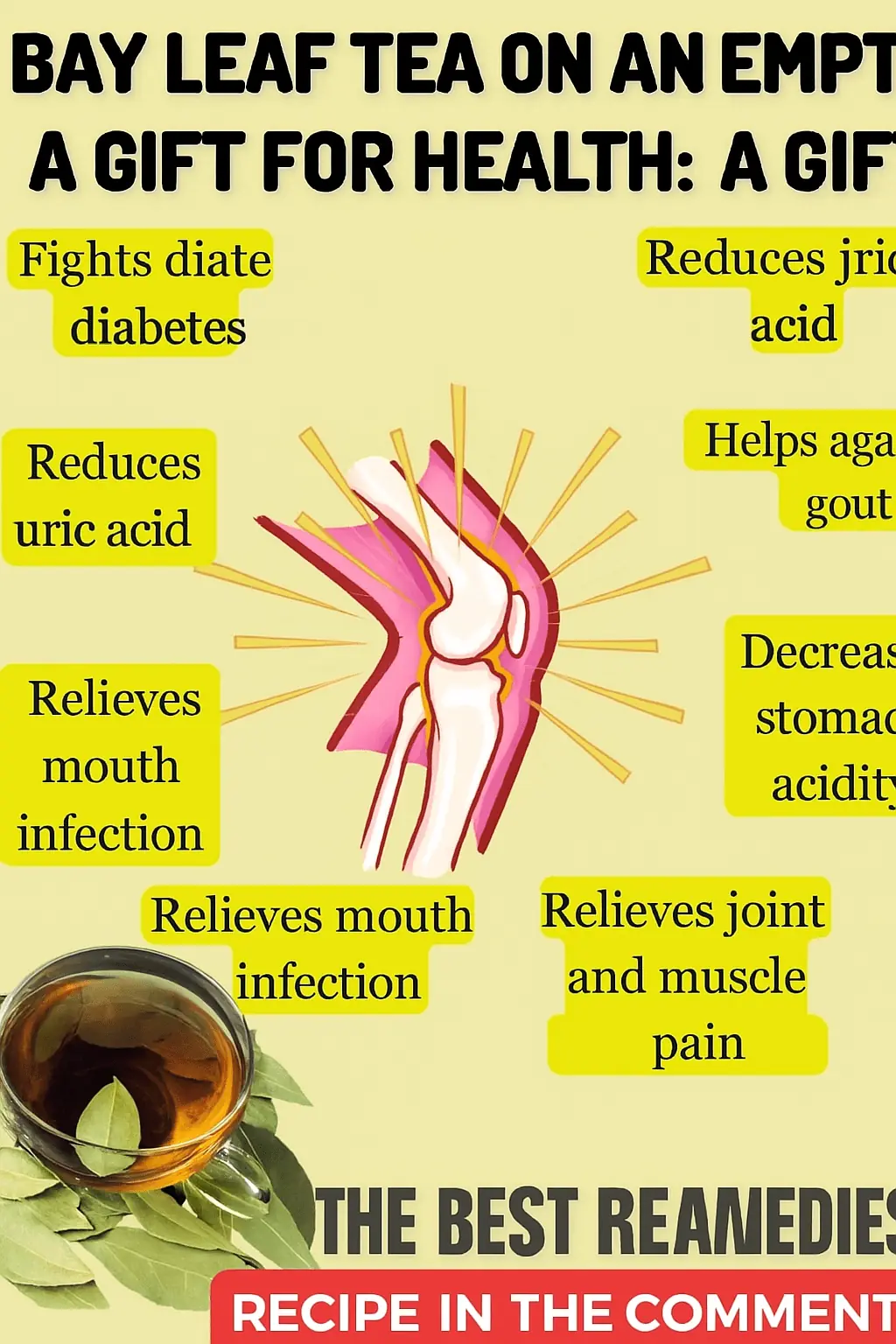
Health Benefits of Drinking Bay Leaf Tea on an Empty Stomach
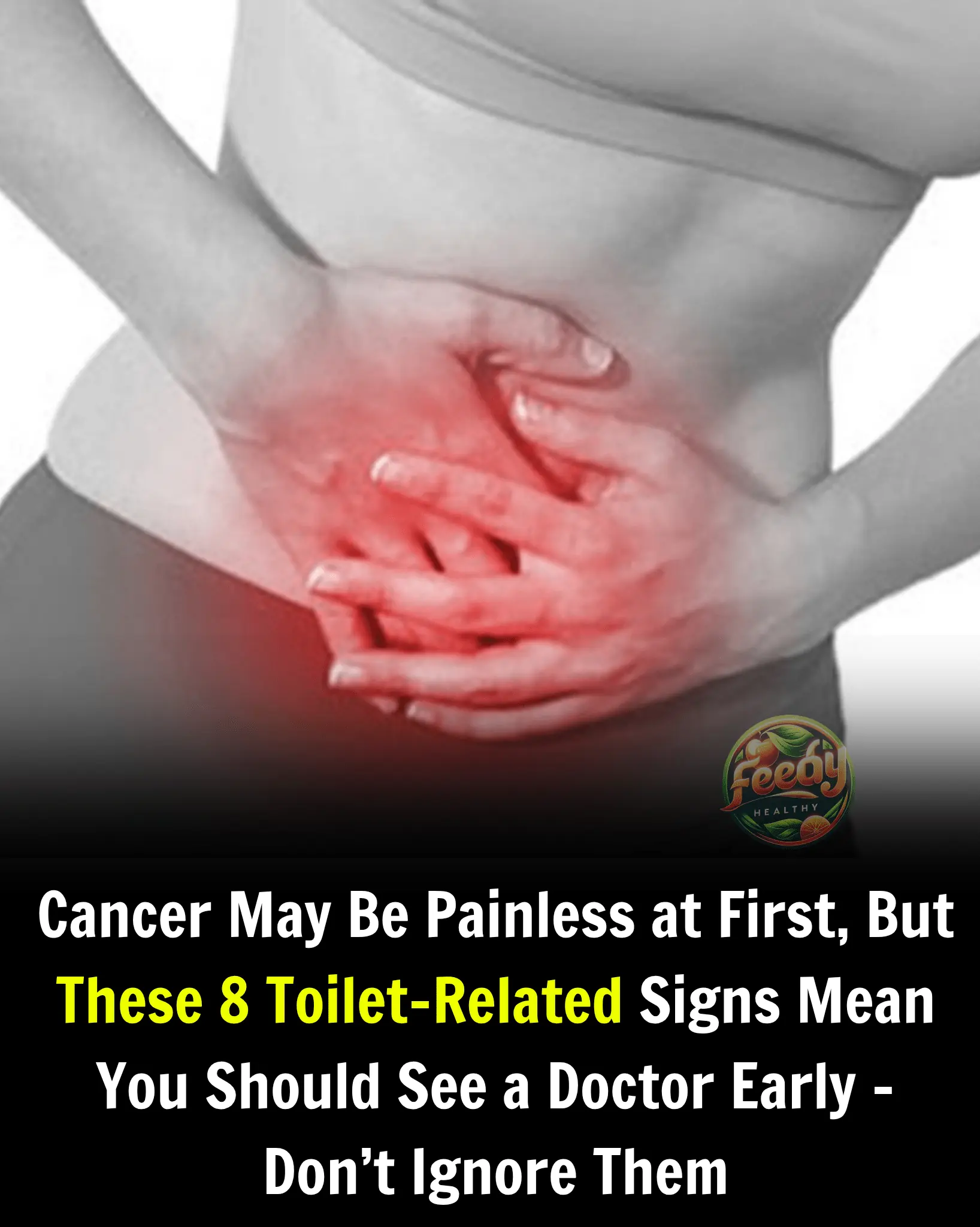
Cancer May Be Painless at First, But These 8 Toilet-Related Signs Mean You Should See a Doctor Early – Don’t Ignore Them
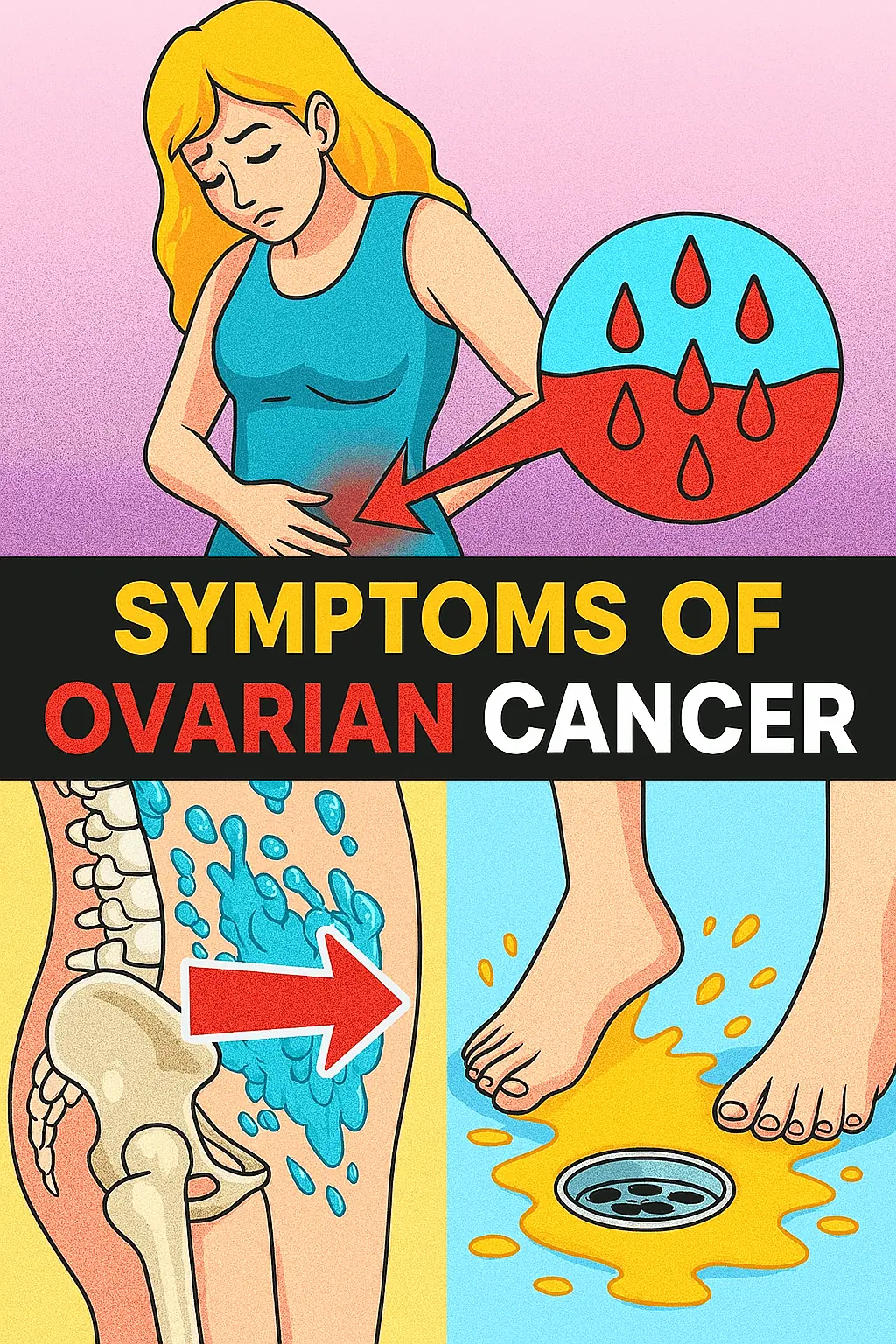
The Hidden Connection Between Ovarian and Breast Cancer
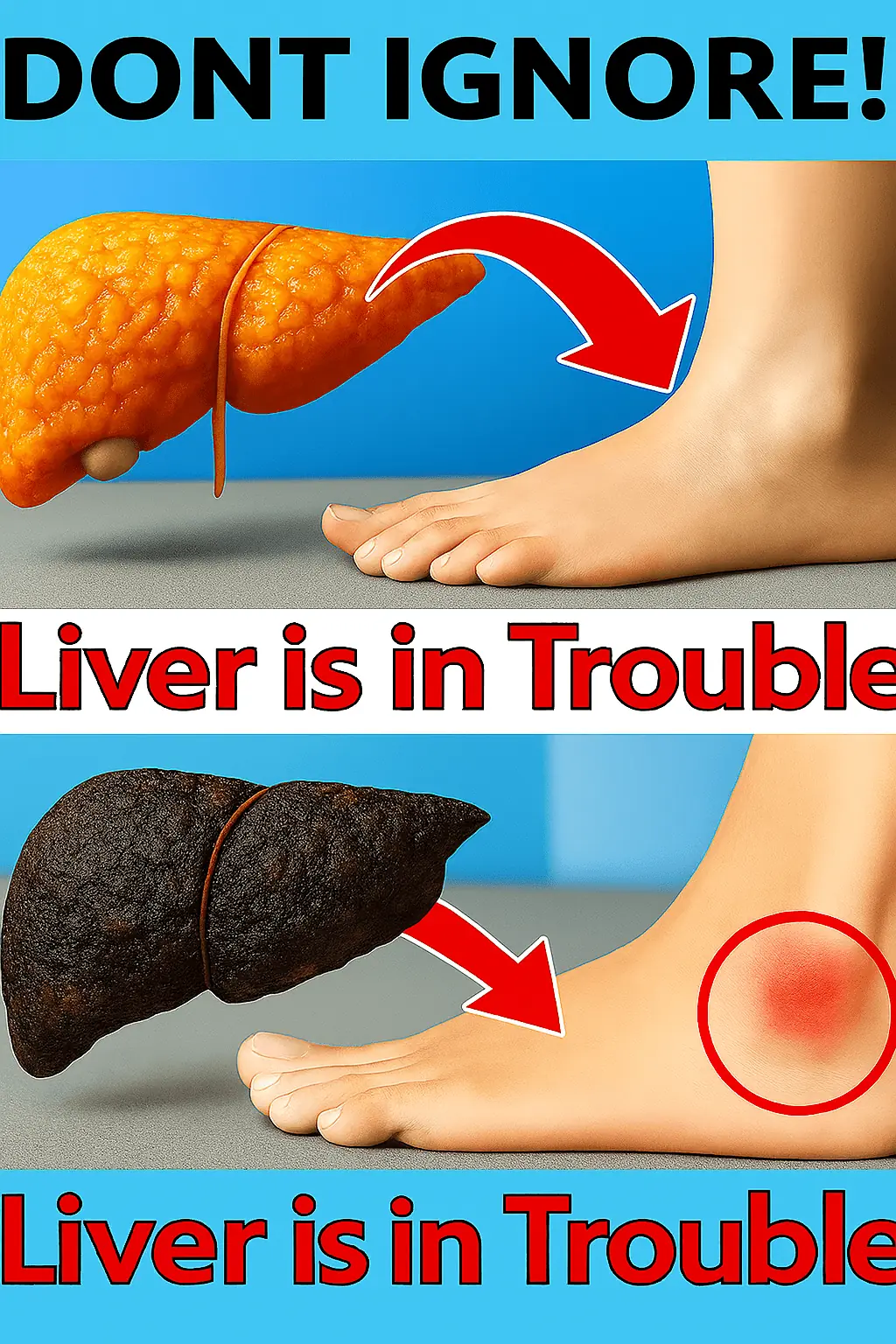
How Your Feet Are Warning You About Liver Problems: What You Need to Know

Vaseline & Coffee Erase Wrinkles Instantly! The 100-Year-Old Anti-Aging Secret You Need to Try!

8 "Friendly Enemies" of Diabetes – Snack Smart Without Spiking Blood Sugar!

Top Foods to Avoid After 60 for Better Health
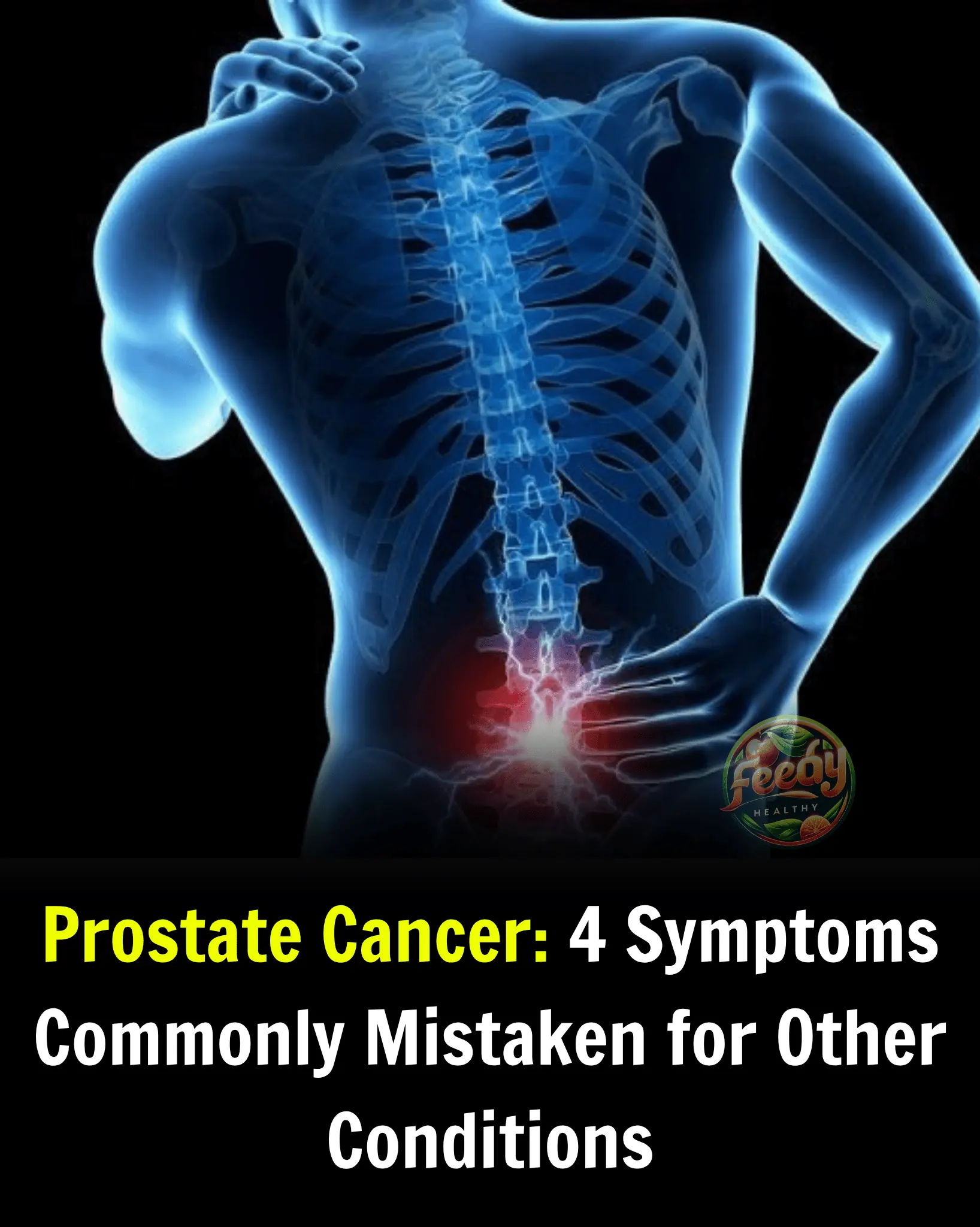
Prostate Cancer: 4 Symptoms Commonly Mistaken for Other Conditions

Busy Work Schedule: Is Sleeping Only 5–6 Hours a Night Harmful?
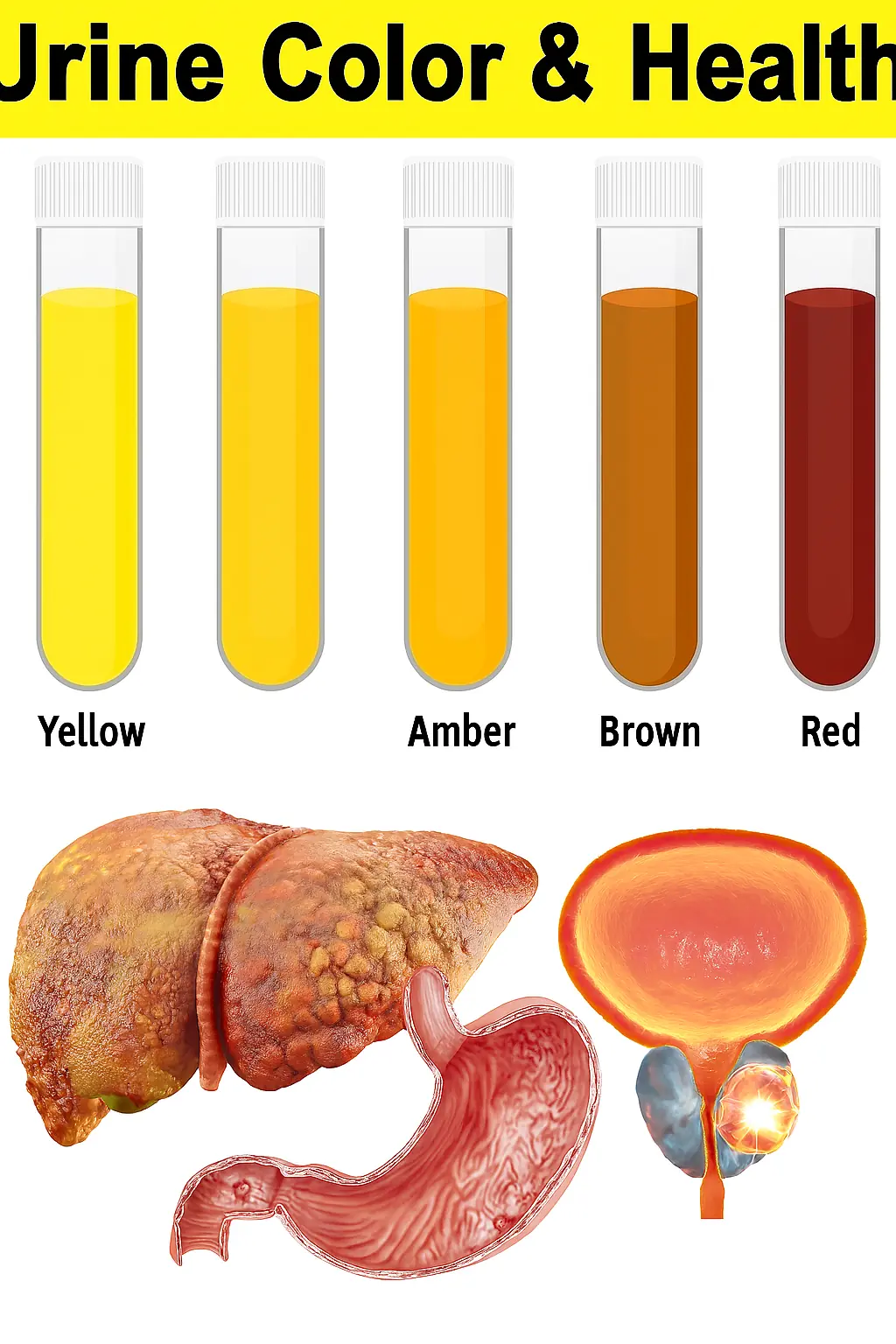
What Your Urine Color Really Says About Your Health (It’s More Interesting Than You Think)
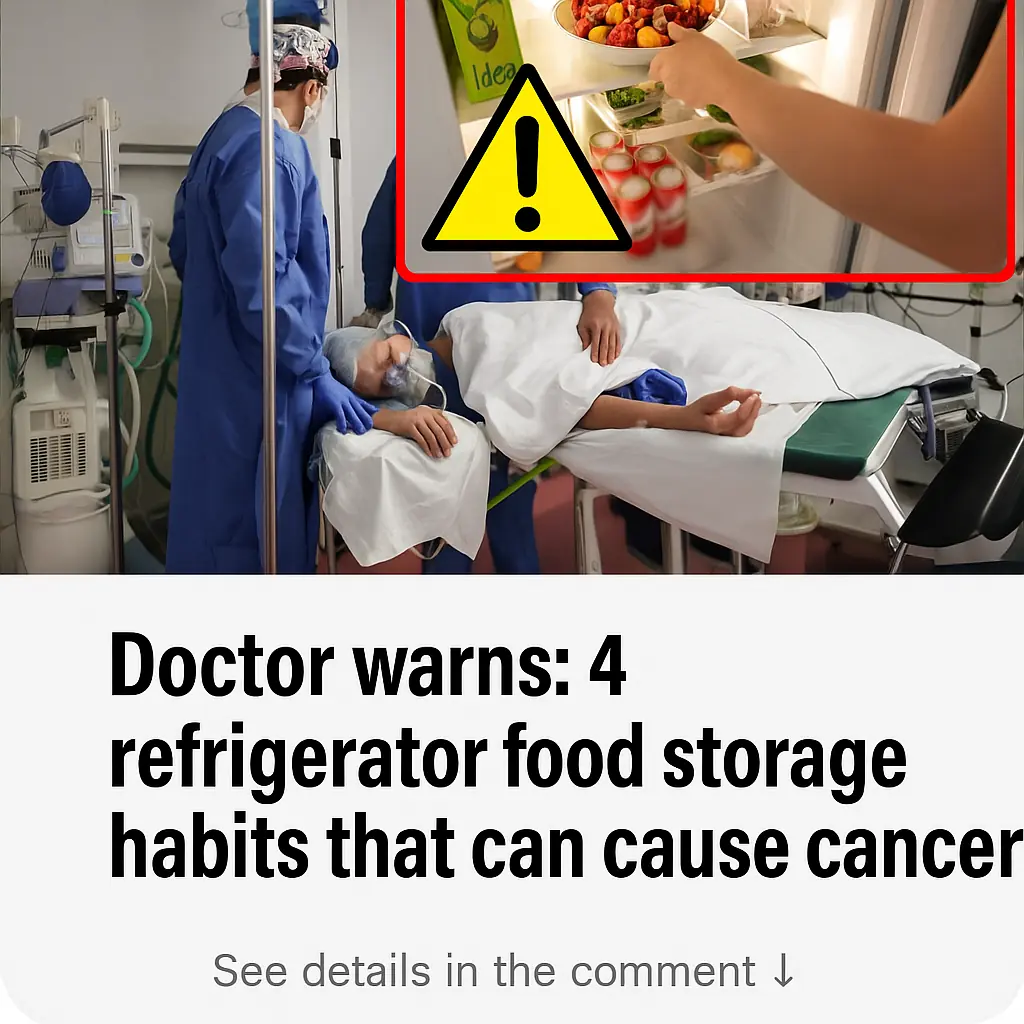
Doctor Warns: 4 Food Storage Habits in the Refrigerator That May Cause Cancer
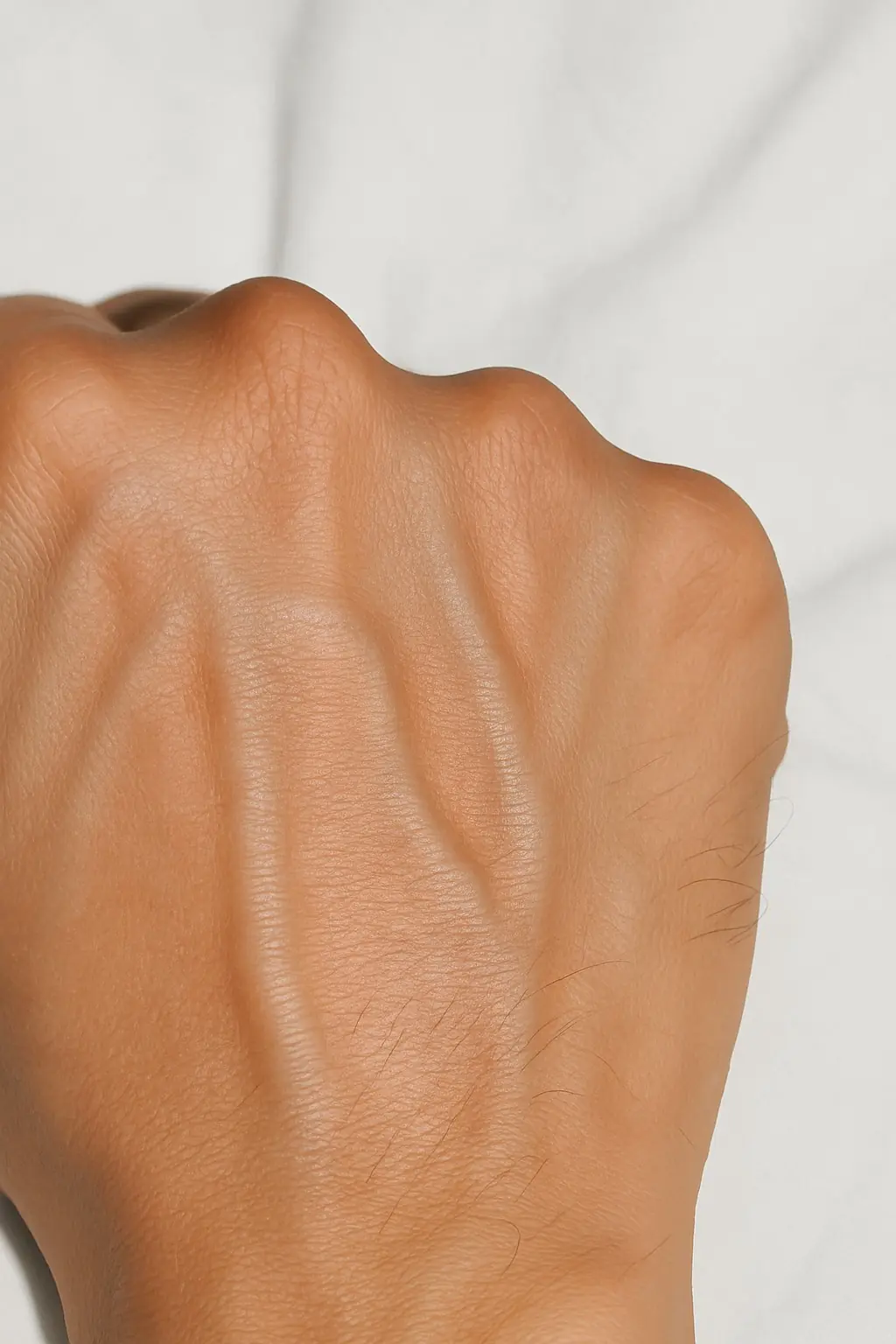
Visible Veins in the Hands: Health Signs You Shouldn’t Ignore
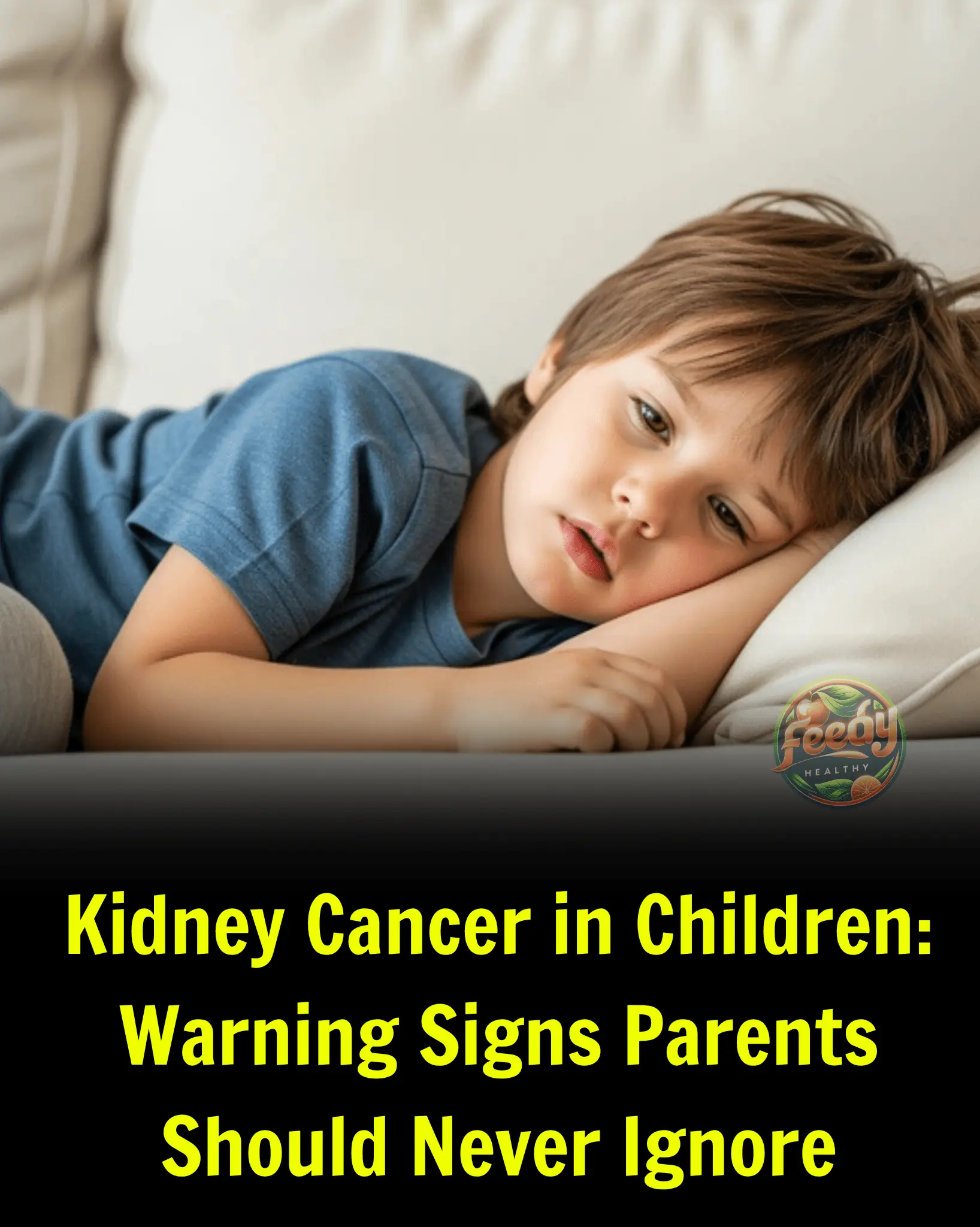
Kidney Cancer in Children: Warning Signs Parents Should Never Ignore
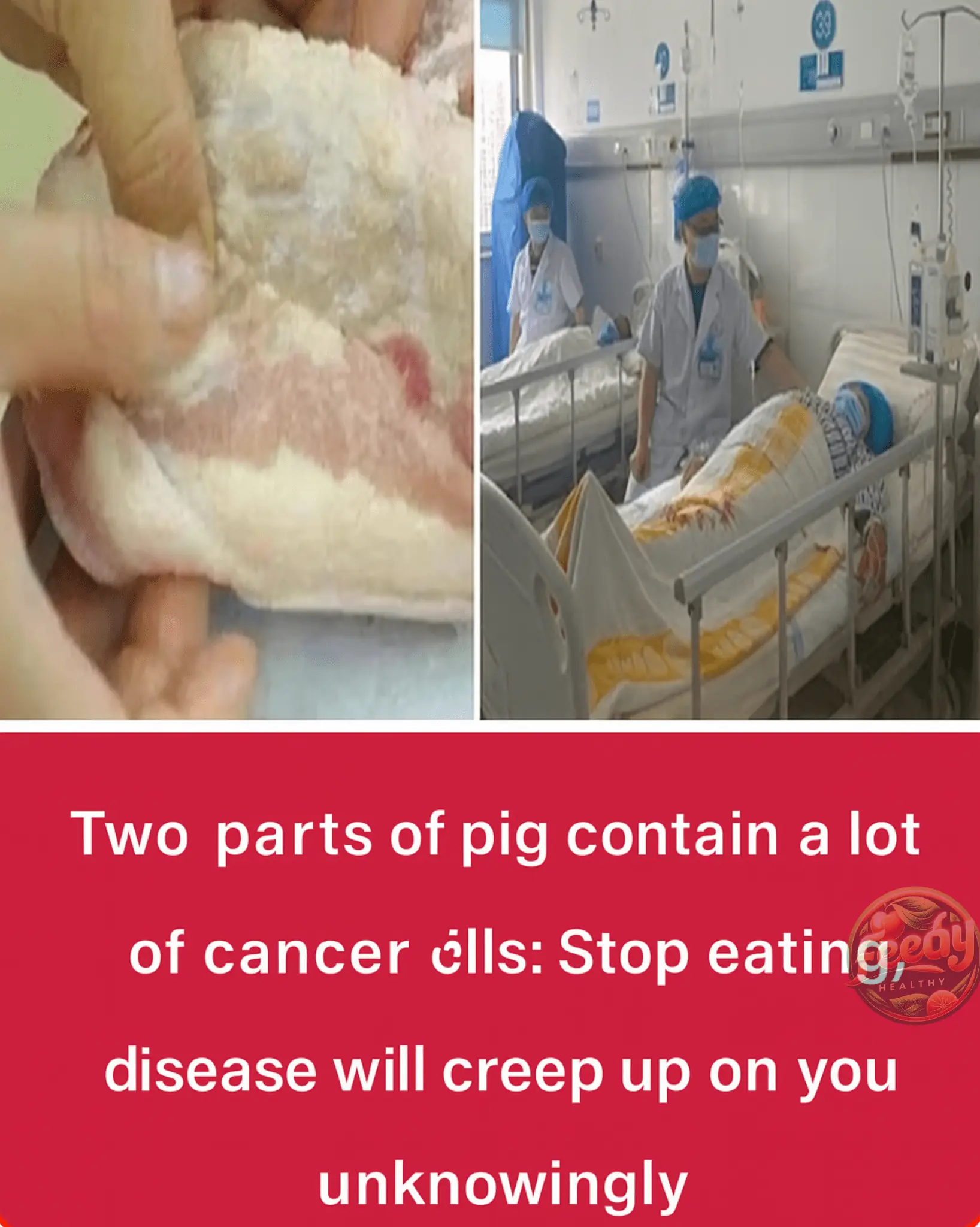
Two Pig Parts That May Contain Cancer Cells: Avoid Them to Protect Your Health
News Post

7 Early Signs of Stomach Cancer Everyone Should Know to Prevent Metastasis

6-Year-Old Boy Suffers Stroke Right After Waking Up – Doctors Emphasize 4 Warning Signs Parents Must Recognize to Save Their Child

If You Have Colon Polyps, These 4 Symptoms During Bowel Movements Could Be a Warning – See a Doctor Before It's Too Late

🍓🍰 Berry Mousse Genoise Layer Cake 🎂

🫐🍰 Nova Scotia Blueberry Cream Cake 🍰🫐

🍑 Gourmet Peach Ice Cream Recipe

Discover the Secret to Naturally Banishing Skin Tags with Lemon & Ginger
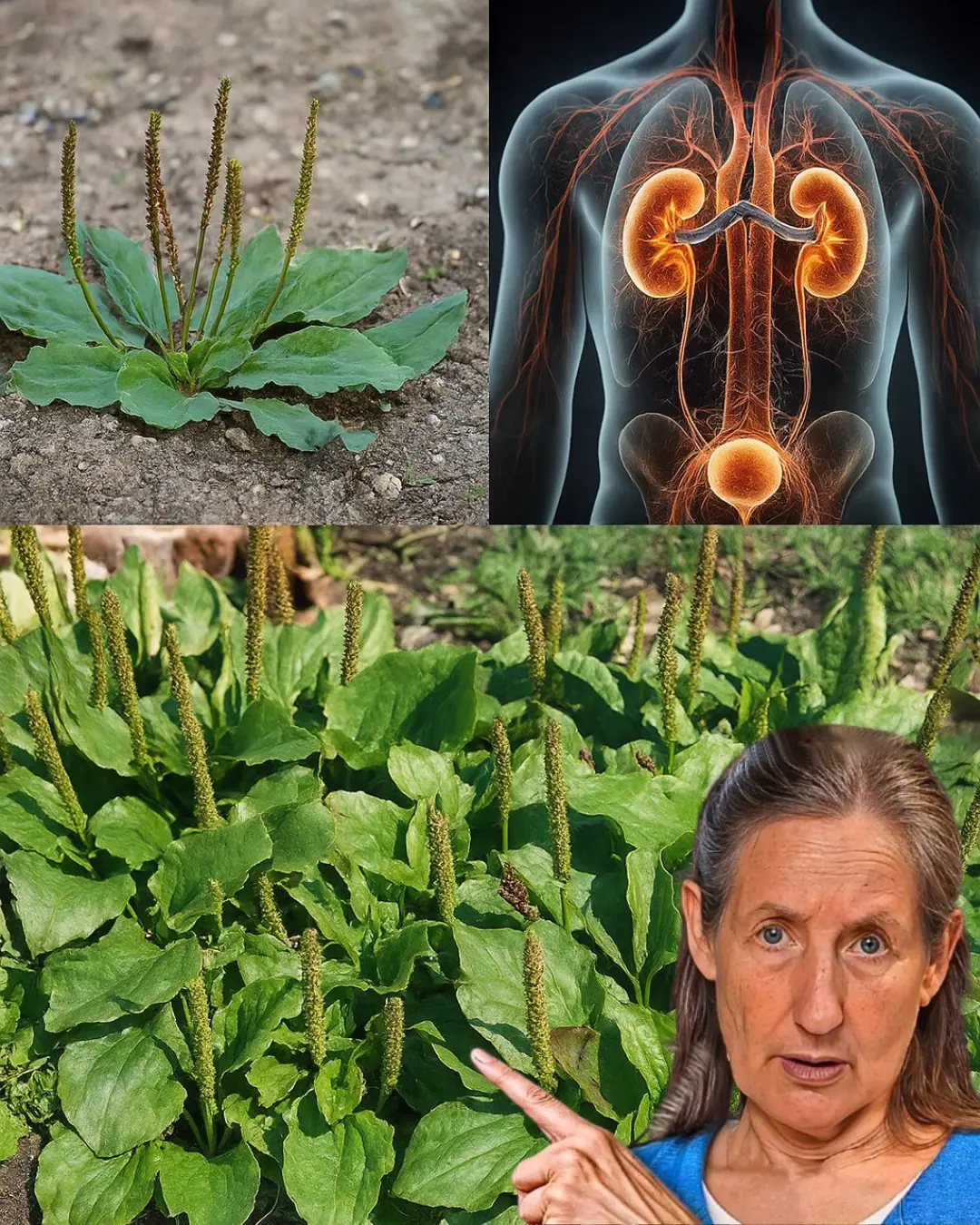
Broadleaf Plantain Unveiled: 30 Astonishing Benefits of Nature’s Hidden Healer

Glow Like Never Before: The Lemon & Charcoal Skincare Secret That Will Transform Your Skin

Sida Acuta: The Hidden Miracle Herb You Need to Know About
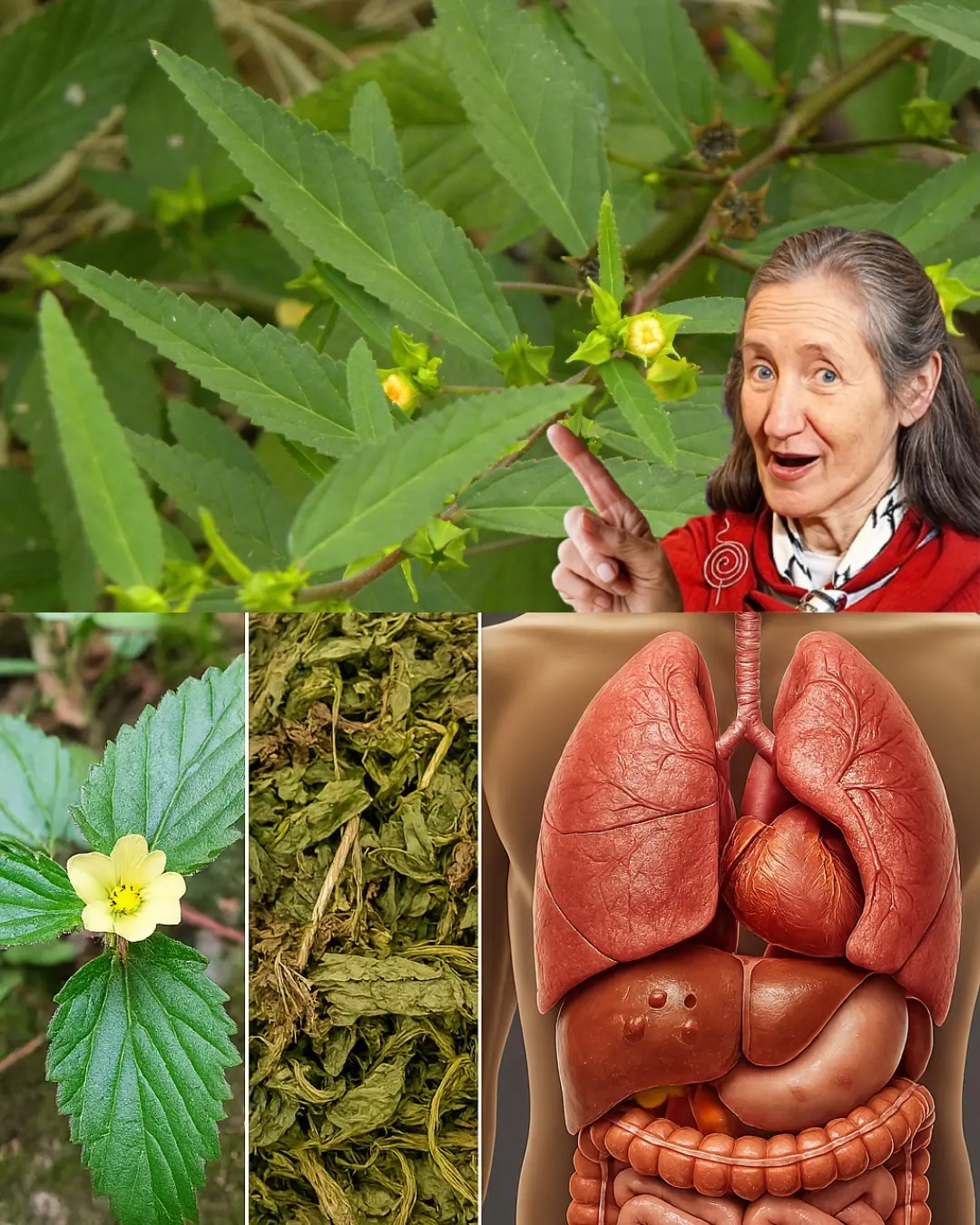
Unveiling the Secrets of Sida Acuta: The Hidden Powerhouse of Nature

Ignite Your Energy: The Ultimate Coconut Water, Garlic, Ginger & Honey Elixir for Peak Performance
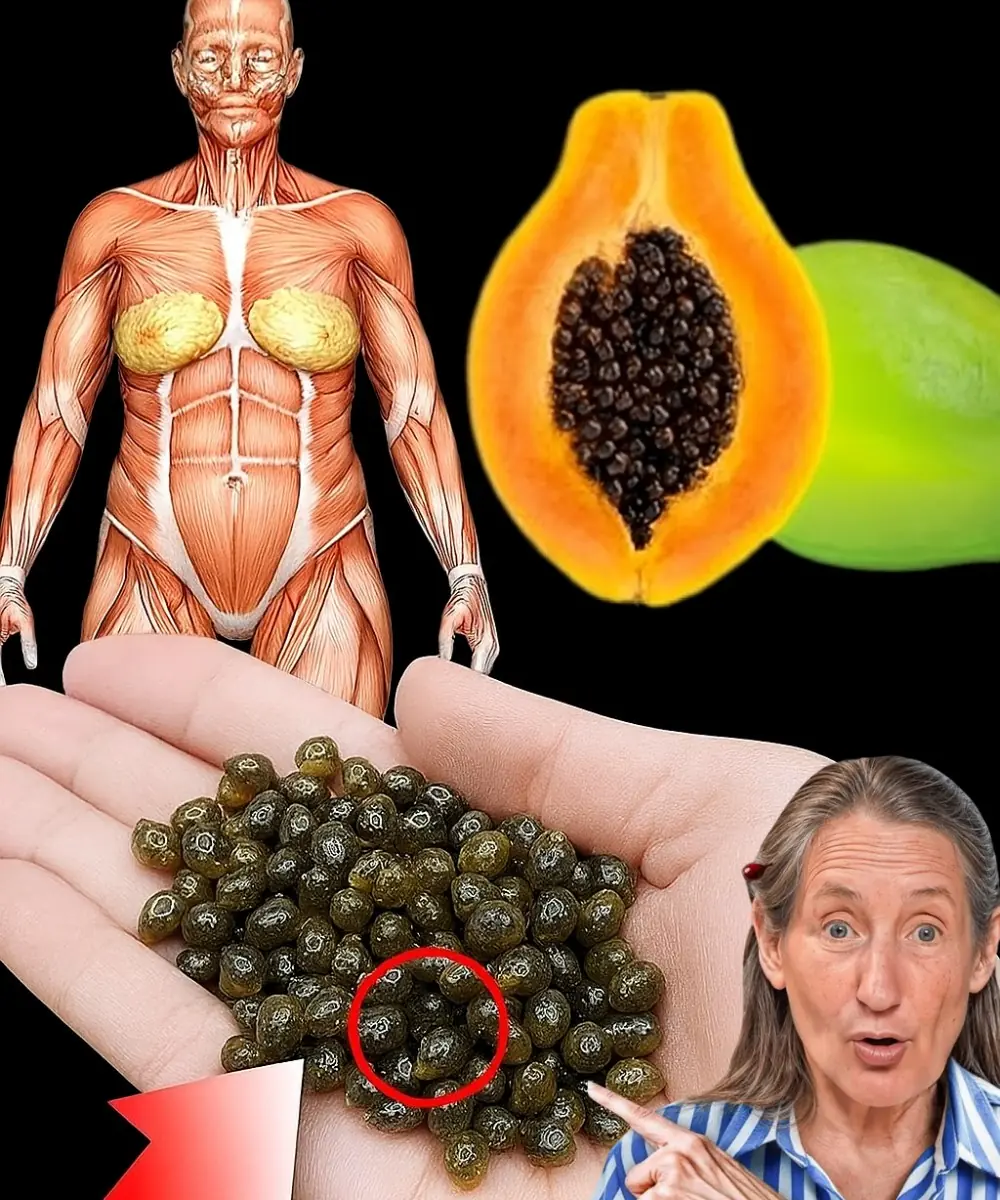
Discover the Secret Power of Papaya Seeds: 10 Health Benefits You’ll Wish You Knew Sooner
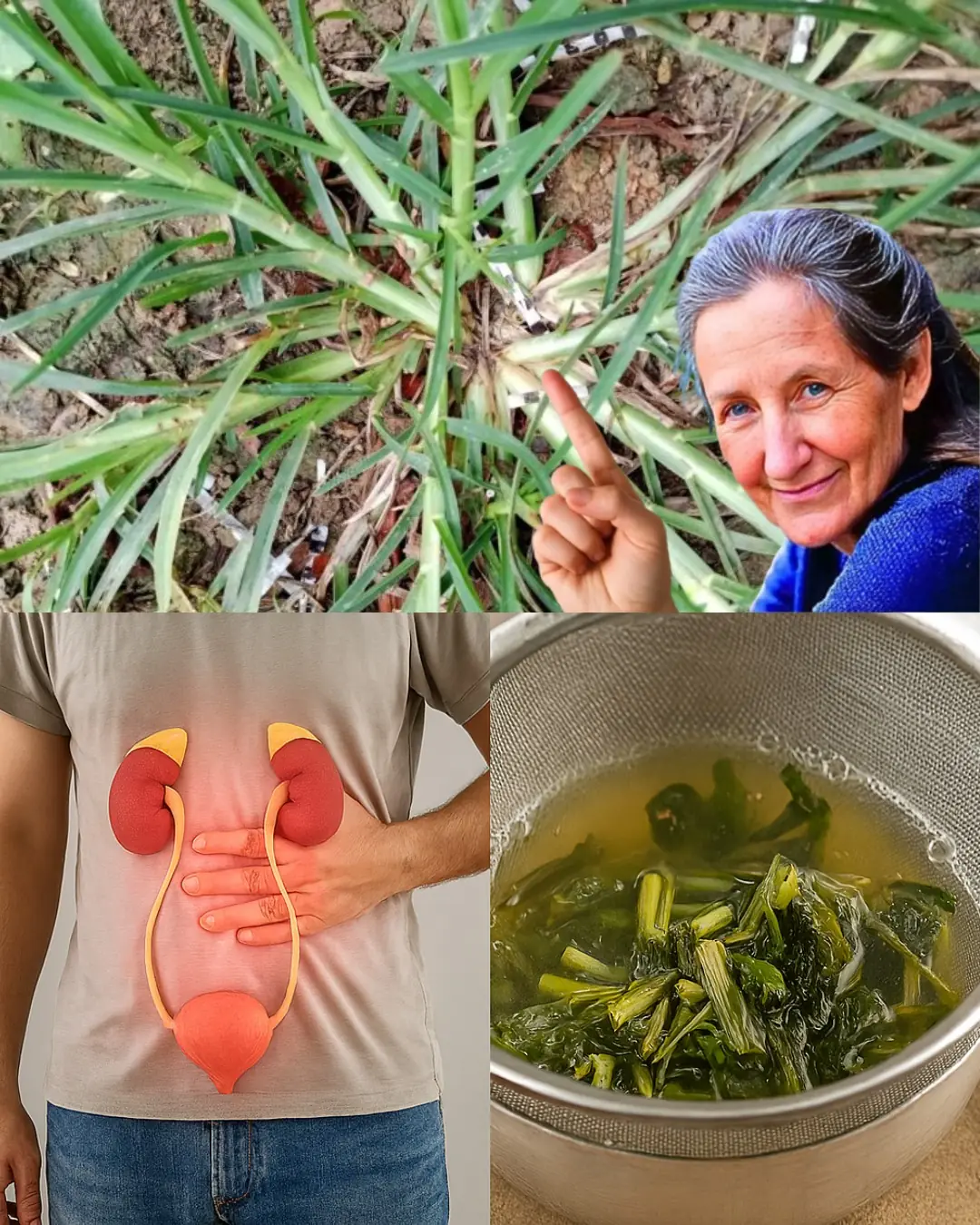
Unlock the Secret Power of Goosegrass: Your Kidneys’ New Best Friend
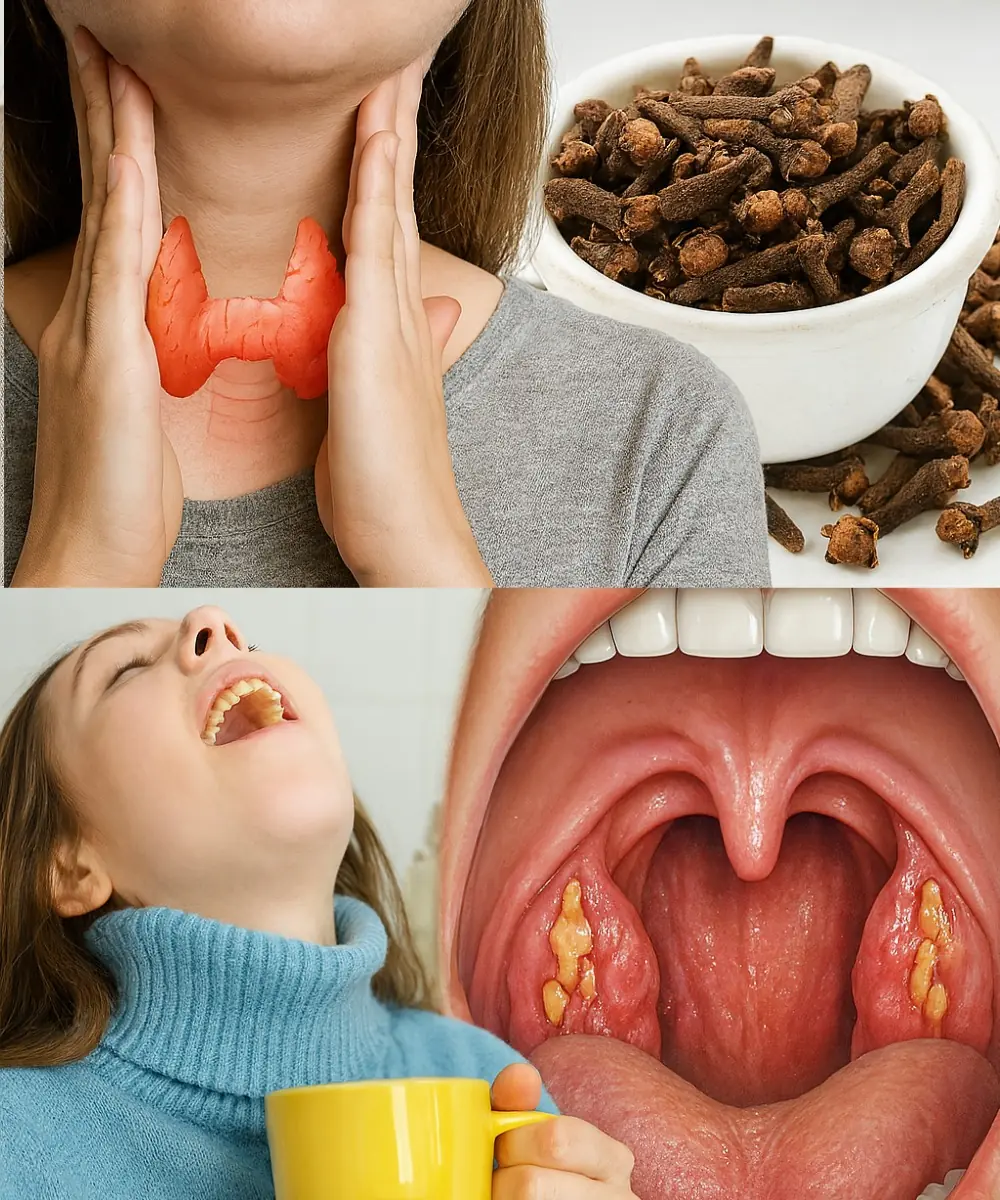
Cloves Unraveled: The Tiny Spice with Mighty Healing Powers
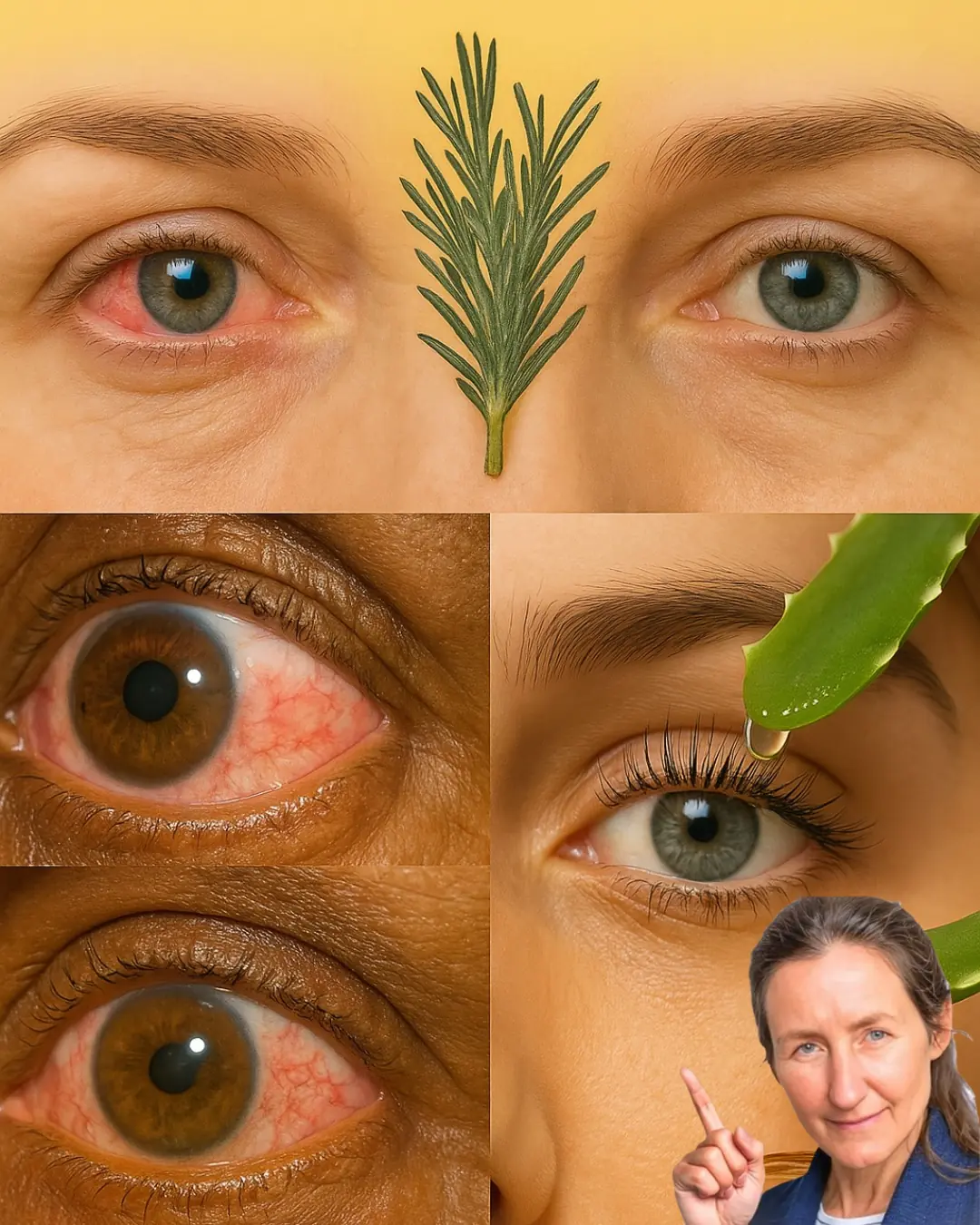
Nature’s Vision Elixir: 5 Miracle Leaves to Revolutionize Your Eye Health
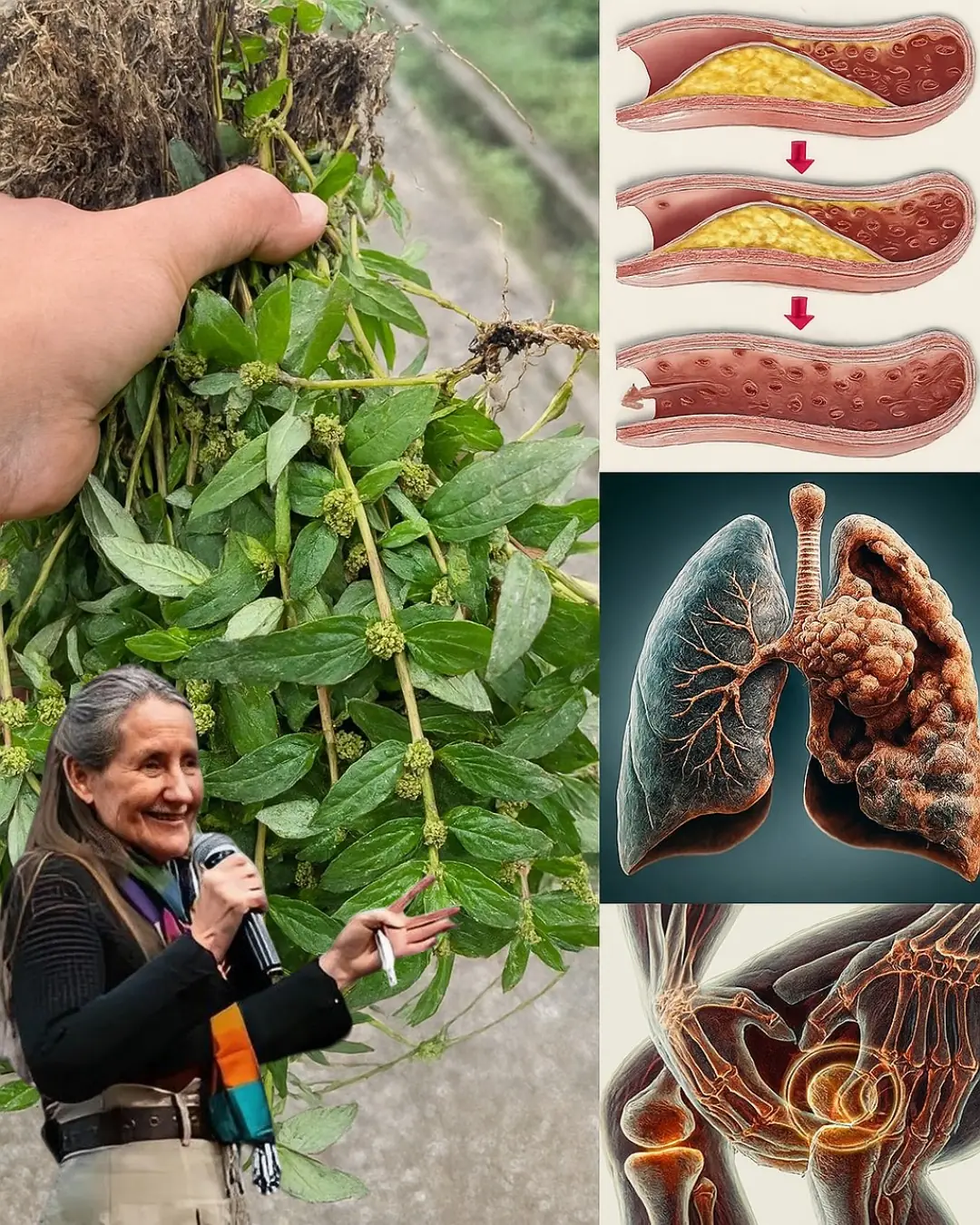
Euphorbia Hirta: 9 Astonishing Health Benefits of This Healing Powerhouse
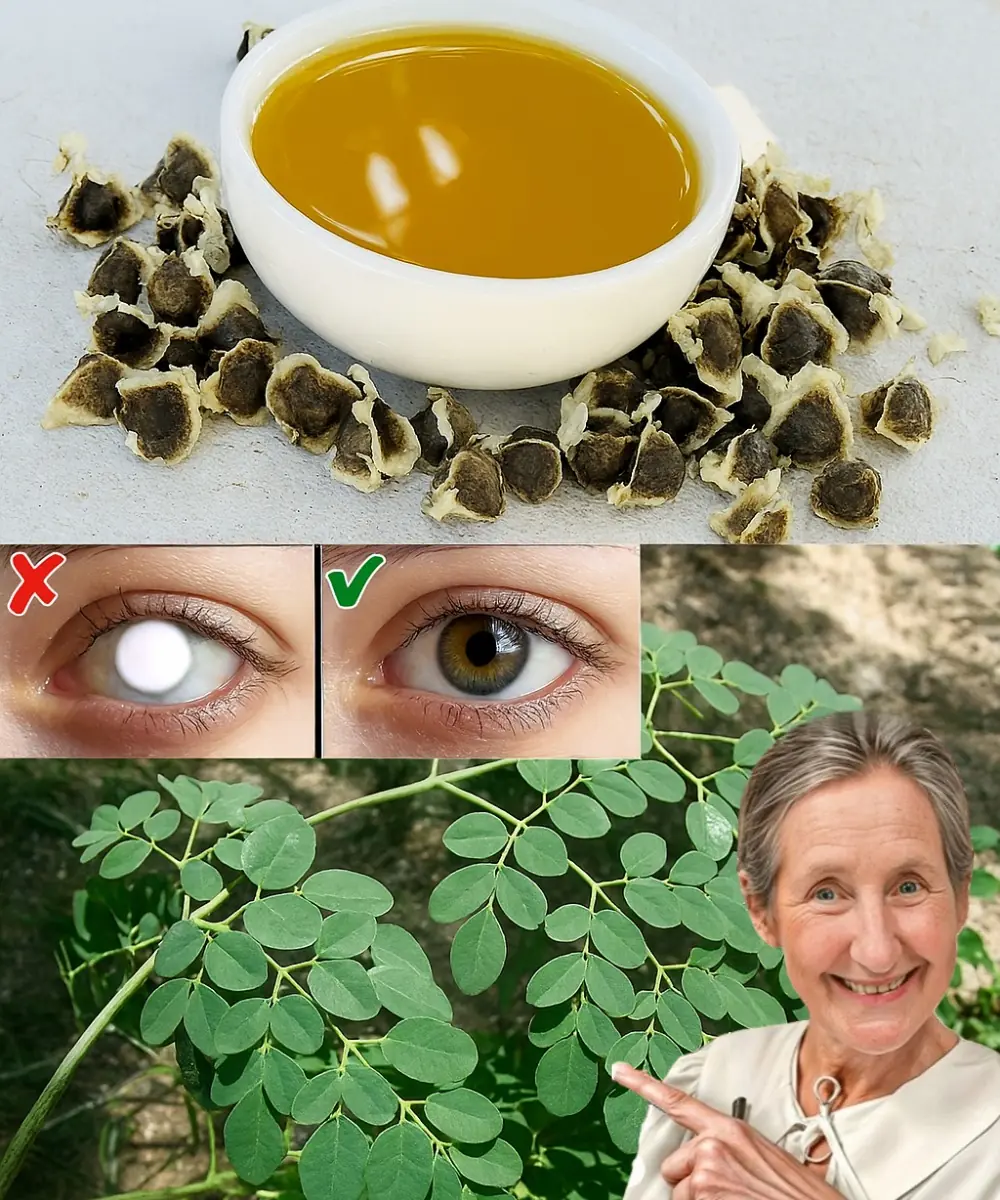
Moringa Seeds: The Tiny Powerhouses Transforming Your Health

Okra Unveiled: 10 Surprising Reasons to Embrace This Green Superstar
